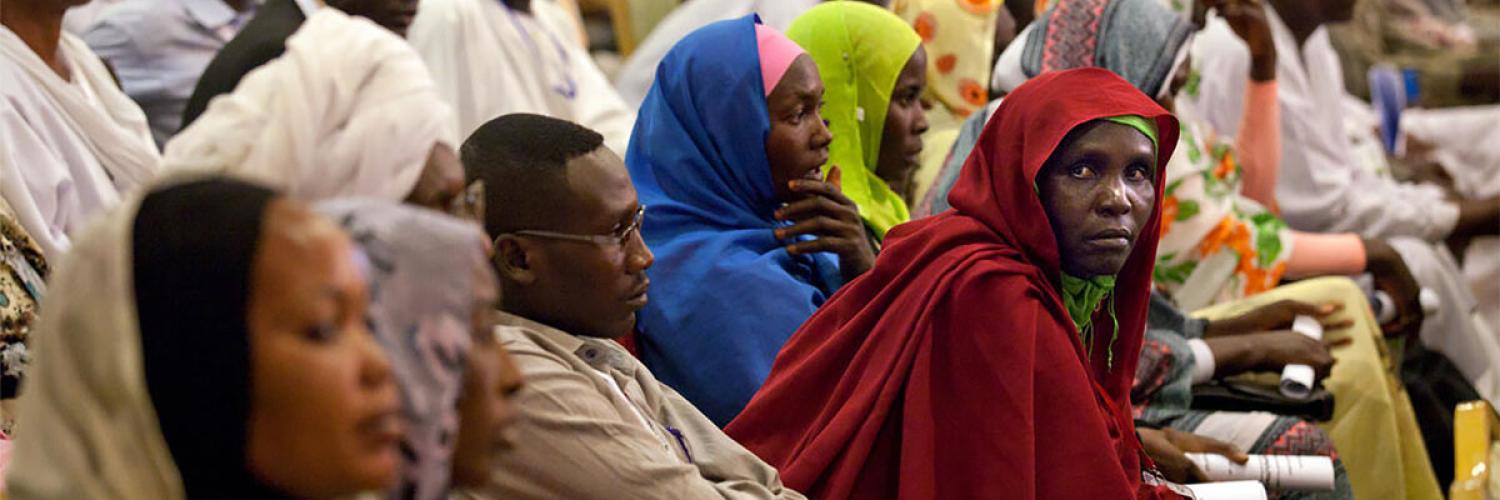
Study finds that including both “the elite” and the wider “society” in peace processes is key for sustaining peace.
Case studies
The study finds that including both elites and wider society in peace processes works as what the authors call “a driver of resilient social contracting”. This in turn supports a more sustainable peace. The study draws on country case studies which demonstrate the value of inclusion in helping societies weather crises. Where important elites were left out, in South Sudan and Yemen, a return to violence was seen. Where the wider society felt excluded, in Bosnia and Herzegovina and South Sudan, citizens failed to develop a sense of belonging to the state. While South Africa has not yet reached an ‘end-state’ of sustained peace, and will therefore likely continue to face crises, it now has more resilience through what the authors call “the diversity of mechanisms for societal inclusion”.
Key policy findings
- Societal inclusion leads to longer peace.
Previous research finds a strong relationship between the inclusion of civil society in peace processes and the duration of subsequent peace, particularly when women are included. Citizens’ lack of a sense of national belonging in Bosnia and Herzegovina, and in South Sudan, led to a deepening of subnational, ethic and tribal identities, which were then exploited by others into violence.
- The necessity of including the elite in peace transitions.
The more political and military actors are included in peace deals, the greater chance of implementation, and the decreased chance of spoiling. Sometimes this requires the difficult decision to include extremist and terrorist groups. In Yemen the pact brokered by the Gulf Cooperation Council left historically excluded communities and elites – the Hirak and the Houthis - on the margins of the political system.
- The interaction between elite and social inclusion can further contribute to resilience and sustaining peace.
Societal inclusion in peace processes increases state legitimacy: it builds ownership and trust in the process. Further, the state is perceived as accountable and responsive. Strong state-society relations provide political elites a margin of maneuver in hard times. Excluding groups from governance can also lead to horizontal inequalities, resulting in mobilizations against authoritarian governments.
- “Inclusion” in transition processes is not a magic bullet guaranteeing a sustaining peace.
As the South African case illustrates, it cannot indefinitely substitute for the achievement of measurable progress in meeting the expectations of citizens and delivering on agreements – core to a resilient social contract. Inclusion does give countries the ability to overcome crises which would otherwise lead to renewed violence. This provides opportunities for both elites and societies to continue working toward sustaining peace one day at a time.
Policy summary prepared by Tiril Høye Rahn.


